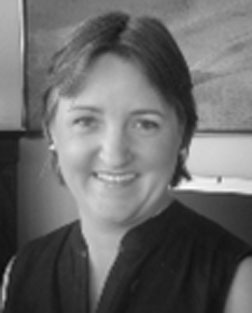Advanced Health Care Directives
November 25, 2011
Columnist
By Laura Bartels
Stephen was widowed in his mid 70s. His kids were grown and gone. He was now attending at least one funeral a month. He reflected about end of life decisions. Who would make health care decisions for him if he could not communicate his desires? What if he was in an accident or slipped into a coma? Who would authorize his cremation or burial? Would he be kept alive by machines? In California, health care professionals and hospitals are prohibited from providing information about you under the Health Insurance Portability and Accountability Act of 1996 (HIPAA). An Advanced Health Care Directive can state who you would like to receive information about you in the event you are part of the medical system.
In California we use an “Advanced Health Care Directive” to name an individual to carry out your wishes in the event you are unable to communicate them yourself. Before 2000 the document was called Heathcare Power of Attorney and is some jurisdictions they are called living wills. If you have the older form healthcare power of attorney, those were generally effective only for 7 years. If you have a directive from another state, then you will want to complete a California Advanced Heath Care Directive as each state has its own laws that control how much authority these decisions have. For example, in Oregon, their directives allow for physician assisted suicide. In California, this is against the law and an Oregon directive would not be recognized here.
Advanced Health Care Directives allows Stephen to designate an “agent” who makes his health care decisions for him in the event he is unable to communicate them for himself. The document also provides for an alternate agent. He could also state a “negative” agent- a person who he absolutely did NOT want to make decisions for him. After he has selected an agent, the form provides that his agent’s authority can take effect immediately, or upon his primary physician determining that he is unable to make decisions for himself.
Part 2 of the Directive provides for “end of life” decisions. In the event Stephen does not want his life prolonged if he has an incurable and irreversible condition that will result in his death within a relatively short period of time, he would choose “not to prolong life.” If he wants his life prolonged as long as possible within the limits of generally accepted health care standards, then he would initial that box.
Part 3 of the form is for donating any organs, tissues or body parts upon death. Some people have this designation on their driver’s license signified by a small pink dot. After 2006, any California Driver’s License renewal pink dot registers your name with the Donate Life California Organ & Tissue Donor Registry. The Directive allows Stephen to specify whether he wants organs donated for transplant, research, therapy or education. It also allows desires of whether skin and tissue can be used for cosmetic surgery purpose; for applications outside of the United States and for for-profit processors and distributors.
Stephen must have his signature either notarized or witnessed by two people. His witnesses must not be people that who named as agents in the directive.
Directives are available at no cost through the California Healthcare Association. Laura Bartels can be reached at LauraBartels@live.com or (805) 524-1934.



